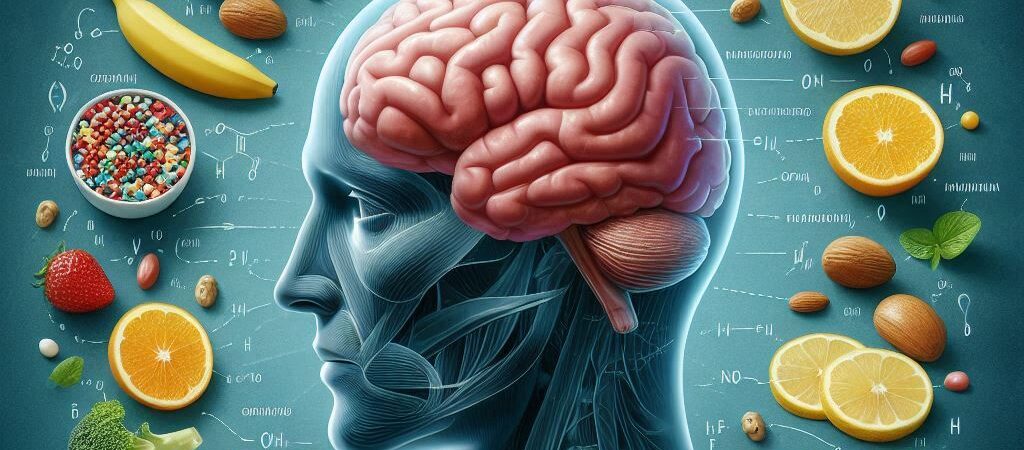The Connection Between Nutrition and Mental Well-Being
Nutrition plays a pivotal role in shaping our mental health. The brain, much like any other organ, relies heavily on the nutrients we consume daily. A balanced diet provides essential vitamins and minerals that can positively influence mood and cognitive functions. For example, omega-3 fatty acids, found in fish, are known to contribute to improved emotional well-being.
Key Nutrients That Support Mental Function
Several key nutrients are crucial in boosting mental health. B-vitamins, particularly B6, B12, and folate, have been linked to lower levels of depression and anxiety. Antioxidant-rich foods, such as berries and leafy greens, help protect brain cells from oxidative stress. Additionally, the amino acid tryptophan, found in foods like turkey and bananas, is a precursor to serotonin, often termed the ‘happy hormone.’
Implementing Nutritional Strategies for Better Mental Health
To harness the benefits of nutrition in enhancing mental health, individuals should focus on a varied diet rich in whole foods. Introducing more fruits, vegetables, nuts, and lean proteins can create a foundation for psychological well-being. Moreover, consulting a registered dietitian may provide personalized guidance, helping to develop a nutritional plan that targets specific mental health challenges. In essence, nutrition is not merely about physical health; it is a vital component of mental wellness.
